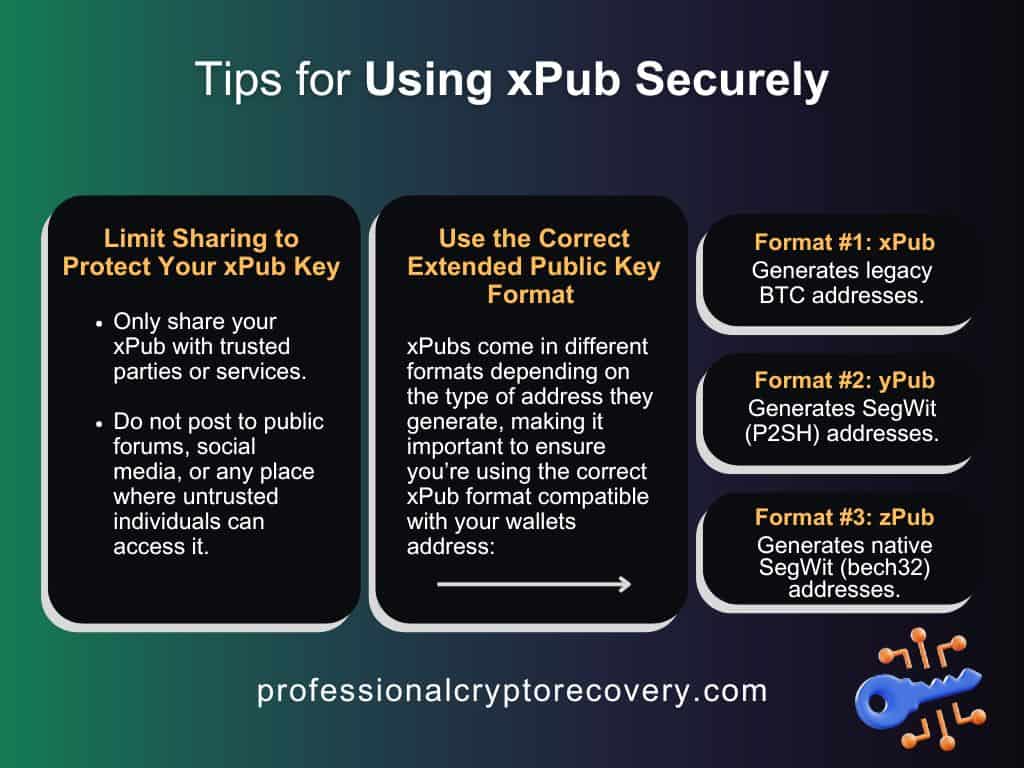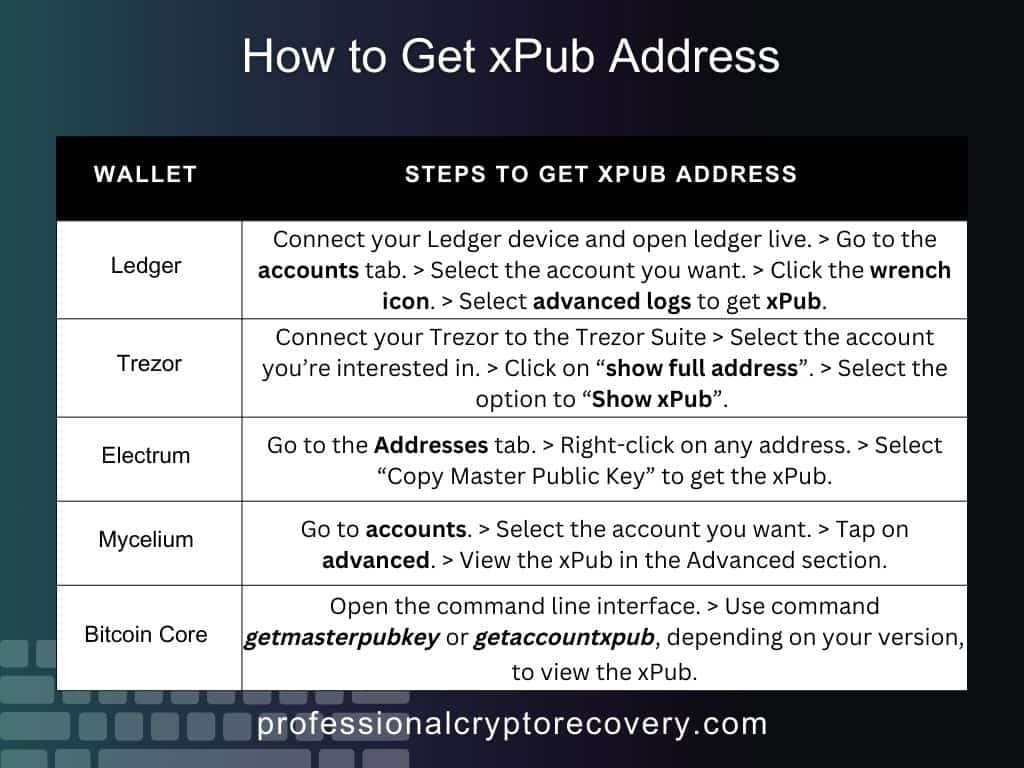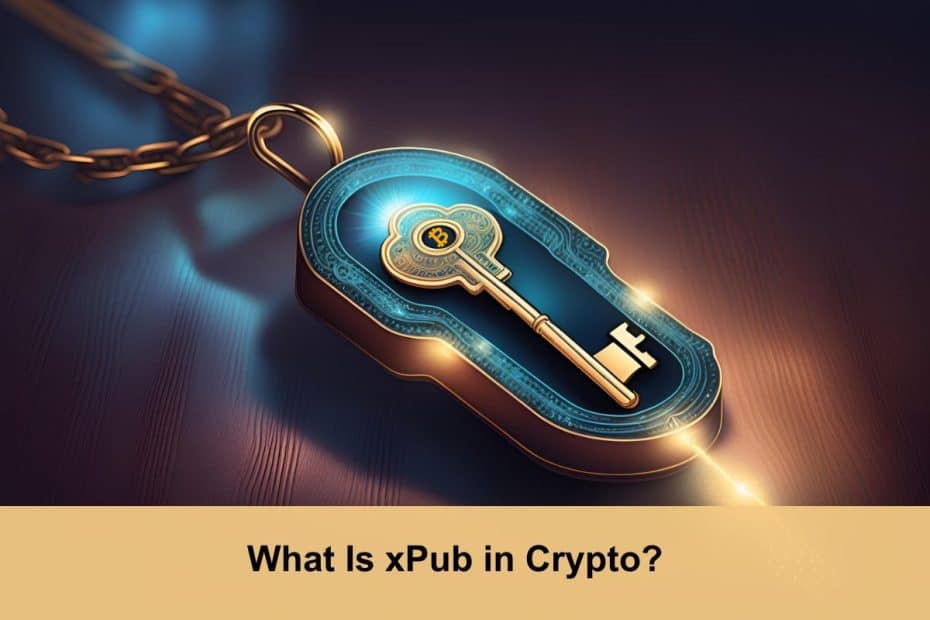Privacy is a cornerstone of the crypto space. One way that distributed ledger technology (DLT) ensures privacy is by using addresses that contain zero personal information about the owner of a wallet. Nonetheless, since blockchains are transparent, all balances and transactions in and out of any particular address can be viewed using a block explorer.
This means that anyone with your public address can see your on-chain activity, which is a privacy concern for some. Is there a solution?
Well, transparency is just as crucial to cryptocurrencies as privacy. It’s built into most public blockchains; the network will always reveal your account details to other participants when queried with a block explorer. To avoid this some users prefer privacy-focused chains like Monero, which obfuscates transactions and account details.
However, such blockchains exist outside the mainstream crypto and decentralized finance (DeFi) ecosystem. Switching to one typically means missing out on the rest of the crypto space, making it the wrong option for someone who still wants to use the popular cryptocurrencies, blockchains, and platforms.
Fortunately, there is another way to ensure your privacy on-chain. Enter the extended public key (xPub).
What Is an xPub?
An extended public key, commonly known as an xPub, is a fundamental element of hierarchical deterministic (HD) wallets. HD wallets are those that use a single seed phrase to generate multiple addresses and private keys, i.e., most modern wallets, such as Electrum, Trezor, Trust Wallet, and Exodus.
In these wallets, an xPub is a specialized type of public key that enables the generation of a vast number of child public keys without requiring access to the corresponding private keys. It is derived from the master public key and follows a standardized format.
This key can be used to derive the entire series of public keys (addresses) for a particular account within the wallet. In practice, an xPub is represented as a long string of characters, typically starting with “xPub” followed by a series of letters and numbers encoding the key data.
How Does xPub Improve Privacy?
If you have only one wallet address, all your on-chain activity goes through that address. Anyone can see your assets, balances, and transactions by passing that address through a block explorer.
But imagine if you had multiple addresses.
You could perform different operations with different addresses. If anyone monitors one address, they can only see the activity associated with that specific address. All your other on-chain activity involving the other addresses is inaccessible to prying eyes.
One way to do this is to have several wallets. Each wallet has its public keys, and the address is shared with whomever, depending on the situation. However, managing multiple accounts while keeping track of all the corresponding addresses and keys is a lot of work.
A simpler way would be to generate multiple addresses for the same account. This is where xPub comes in.
At the fundamental level, xPub allows a wallet to generate an unlimited number of unique receiving addresses from a single source. Instead of using the same address for all transactions, users can create a new address for each transaction, making it harder to trace or link multiple transactions to them.
xPub and Read-Only Wallet Access
A challenge that arises with generating a new address for each transaction is keeping track of all the addresses. Manually doing so would be cumbersome. Thankfully, xPub lets you create a watch-only wallet.
This is a wallet that shows you the transactions and balances of all addresses generated from your xPub. It can track all wallet activity associated with your account. However, it doesn’t contain the private keys needed to access or transfer assets, offering a secure method to monitor cryptocurrency wallets without direct access to the funds.
Is It Safe to Share an xPub Key?
Unlike private keys, which grant the ability to sign transactions and spend funds, xPub keys are used solely for generating addresses and viewing transaction histories. This separation of duties provides a crucial layer of security and privacy.
It also means that you can share the xPub with someone else, such as an auditor, accountant, or family member. This will allow them to view wallet activity in real-time. But because they don’t have the private keys, they cannot initiate or sign transactions.
The private keys remain securely offline or with the wallet owner. So, you don’t have to worry about losing your assets due to compromised keys; something that happens quite often in crypto.

Safety and Address Tips for Using Extended Public Keys
Using an xPub provides convenience in managing your cryptocurrency addresses but comes with certain security and privacy considerations. Here are some tips to help you use xPub securely:
- Limit Sharing to Protect Your xPub Key
Only share your xPub with trusted parties or services. While the xPub doesn’t allow others to spend your funds, it does expose your entire transaction history and all associated addresses. This means you should be careful not to post your xPub on public forums, social media, or any place where untrusted individuals can access it.
- Use the Correct Extended Public Key Format
xPubs come in different formats depending on the type of address they generate, making it important to ensure you’re using the correct xPub format (xPub, yPub, zPub) compatible with your wallet’s address types (Legacy, SegWit, Native SegWit).
The main formats are:
- xPub: Generates legacy Bitcoin addresses (starting with 1), following the BIP32 standard. These addresses are compatible with most older Bitcoin systems but offer less privacy and higher fees.
- yPub: Generates SegWit (P2SH) addresses (starting with 3), following the BIP49 standard. These addresses are more efficient, reducing transaction fees while being partially backward-compatible.
- zPub: Generates native SegWit (bech32) addresses (starting with bc1), following the BIP84 standard. Native SegWit addresses offer the lowest fees and better privacy but might not be supported by older wallets or exchanges.
Each format corresponds to a specific Bitcoin address type, affecting transaction efficiency and compatibility. Therefore, using the wrong format can lead to address mismatches and potential loss of funds.

How to Get xPub Address
Most modern non-custodial wallets grant users their xPub address. Here’s how to get xPub address on popular wallets:
Ledger
- Connect your Ledger device and open Ledger Live
- Go to the Accounts tab
- Select the account you want the xPub for
- Click on the wrench icon (settings)
- Select Advanced Logs.
- This should show you your xPub
Trezor
- Connect your Trezor to the Trezor Suite
- Select the account you’re interested in
- Click on Show full address
- You should see an option to Show xPub
Electrum
- Go to the Addresses tab
- Right-click on an address
- Select Copy Master Public Key
Mycelium (mobile wallet)
- Go to Accounts
- Select the account you want
- Tap on Advanced
- You should see an option to view the xPub
Bitcoin Core
For Bitcoin Core, you’ll have to use the command line interface. Use the command getmasterpubkey or getaccountxpub, depending on the version. This unique approach is due to Bitcoin Core being a core wallet.
With your extended public key in hand, you can now explore the crypto ecosystem with an extra layer of privacy. This should give you more confidence in and control over your activities. However, it’s important to exercise caution over who sees this address and safeguard your seed phrase at all times.
In the unfortunate event that you experience issues accessing the assets in your crypto wallet, Professional Crypto Recovery is here for you. With years of experience in helping crypto owners recover their assets, we offer fast and effective crypto recovery services at some of the most affordable rates in the market.
